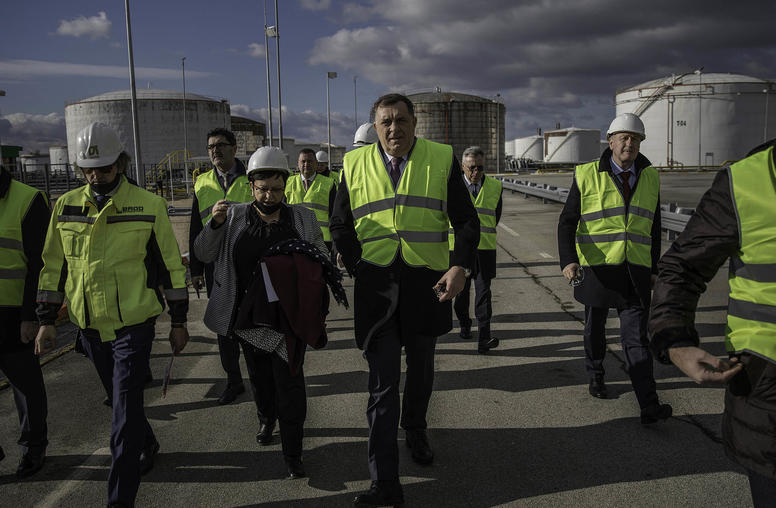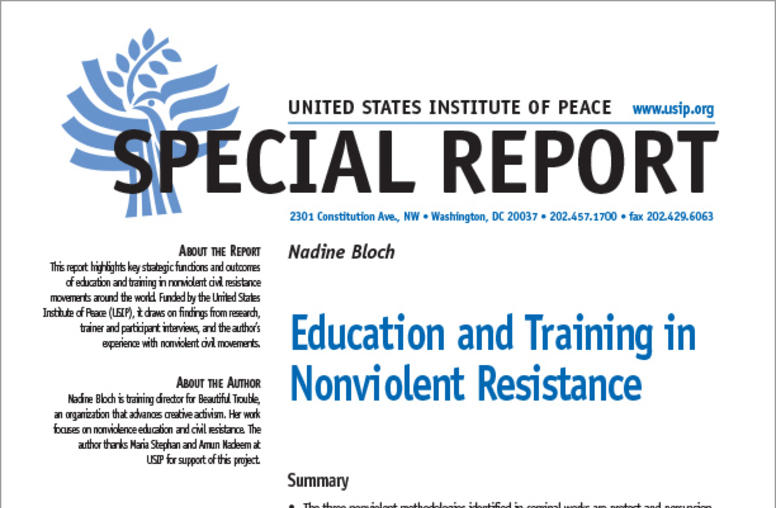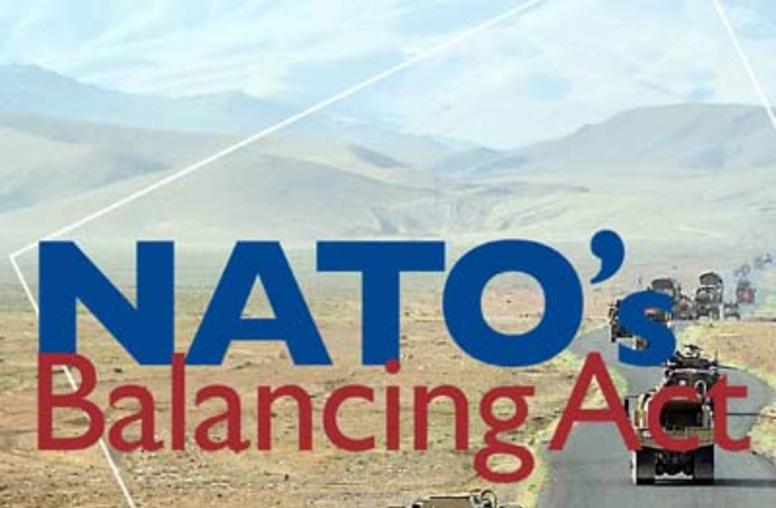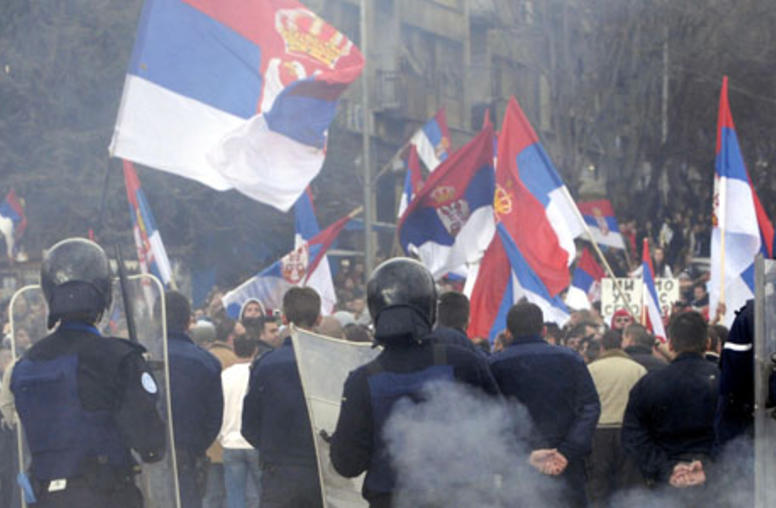ICJ Advisory Opinion on Kosovo Independence Declaration
The International Court of Justice gave its opinion on July 22, 2010 on the legality of the 2008 secession of Kosovo. USIP's Daniel Serwer, Vice President of the Centers of Innovation and head of the Balkans Working Group, weighs in on the decision.
The International Court of Justice gave its opinion July 22, 2010 on the legality of the 2008 secession of Kosovo. USIP's Daniel Serwer, Vice President of the Centers of Innovation and head of the Balkans Working Group, weighs in on the decision.
- What do you think of the ICJ opinion?
- What happens now?
- How do you expect Belgrade to react?
- What happens next?
- What will be discussed?
- Explore Further
Q. What do you think of the ICJ opinion?
The court has advised that the declaration of independence was not illegal. That confirms the legality of how Pristina and the international community have handled difficult issues, contrary to Belgrade's claims.
Q. What happens now?
The arena shifts to the UN General Assembly, which can be expected to acknowledge the court's decision and possibly call for talks on practical issues between Pristina and Belgrade.
Some states have hesitated to recognize Kosovo while the ICJ has been deliberating, I now expect more to do so. I imagine more than 100 will have done so by the end of this year.
Q. How do you expect Belgrade to react?
Although the ICJ opinion is not binding, because Serbia asked for it Belgrade is clearly obligated to abide by it. Nothing in the decision seems to obligate Serbia to recognize Kosovo, but it is time for Belgrade to accept reality, to settle outstanding issues with Pristina, and to recognize Kosovo as a sovereign state whose territorial integrity is not open to challenge.
The process has had a positive impact in Serbia. First, the ICJ's deliberations have removed for months the Kosovo issue from its unfortunate role in Serbian politics, where it consistently strengthens ethnic nationalists and weakens those who favor as rapid as possible EU membership. Second, during these months it has become clear that most citizens of Serbia are more worried about jobs and the economy than about Kosovo. And third the growing participation of Serbs in Kosovo's political process has demonstrated that their interests lie at least in part in Pristina.
Q. What happens next?
I expect talks between Belgrade and Pristina on the many issues they need to resolve in order to establish "good neighborly relations," as required for EU membership.
Q. What will be discussed?
I hope both will want to discuss missing persons, citizenship, property and pensions, trade, energy, water and environmental issues. Pristina will not agree to discuss political status or borders, and nothing in this opinion suggests it should.
Explore Further
- Read Daniel Serwer's Peace Brief A New Kind of Balkans Drama
- Listen to Kosovo Prime Minister Hashim Thaci's speech at USIP on July 20, 2010,
Building Kosovo's Euro-Atlantic Future: The Opportunities and the Challenges Ahead - Read the text of the Prime Minister's speech



